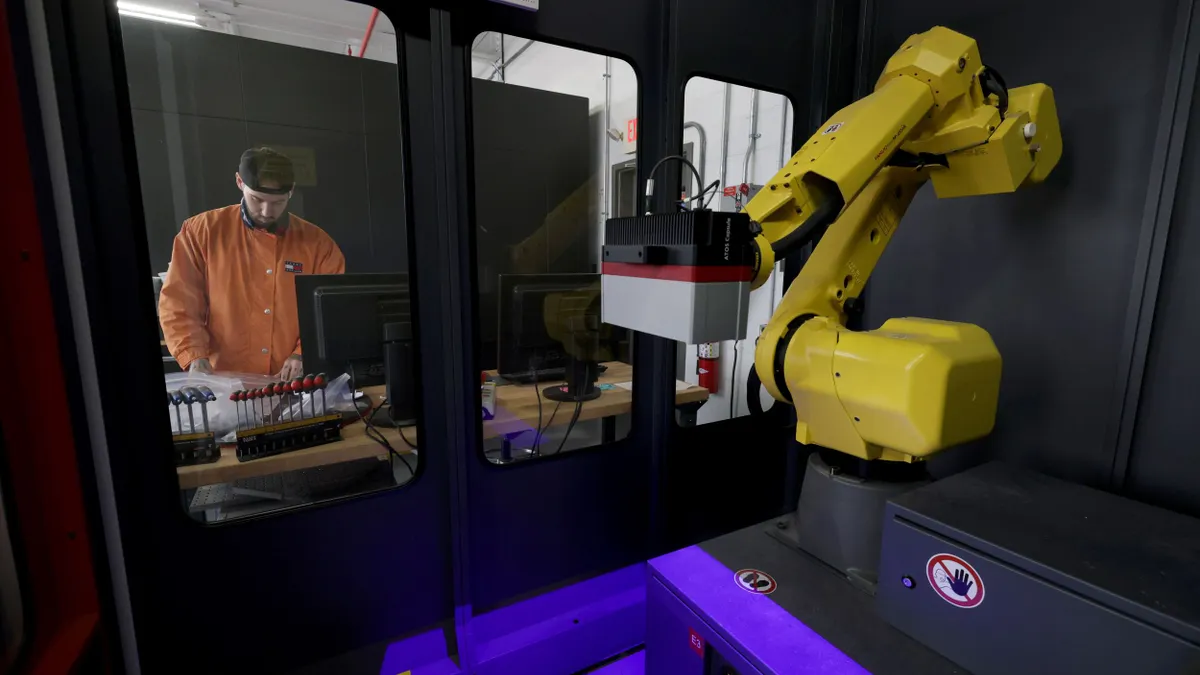Widening skill gaps have left organizations unprepared to meet the demands of a changing economy, according to Sept. 3 survey results from Skillsoft.
Of the 1,000 HR and learning professionals surveyed, only 1 in 10 said they are fully confident that their workforce is appropriately skilled to meet business goals over the next year or two years. And while 85% report having a talent development system in place, only 6% said such programs were “outstanding,” and only 1 in 5 said their strategies actually align with company goals.
The most significant skill shortages were in leadership, AI and technology-related skills.
“Business transformation depends on the strength, adaptability, and skills of the workforce,” said Ciara Harrington, Chief People Officer, Skillsoft. “These findings should be a wake-up call for every leader. Skills gaps are already impeding growth, and traditional approaches to talent development are only worsening the issue.”
Respondents said there are several core issues blocking learning progress: About one-third of those surveyed said employee engagement is not being effectively addressed, and just over one-fourth said employees are promoted without “adequate preparation.”
Notably, managers — often those who need training most, according to various studies — may not have time to participate in development offered, impeding their progress. High-performing employers are more likely to use pre- and post-training activities, such as access to resource libraries that workers can use on their own time, according to the Association of Talent Development.
While many companies recognize the need for training, only 12% of 700 of the world’s largest companies have a change goal focused on people — and only 3% have goals related to investing in skills, according to a study by the World Resources Institute.
But job seekers increasingly seek access to skill building at work, a June report from Aerotek said, meaning organizations that offer continuous learning may improve their worker retention.















